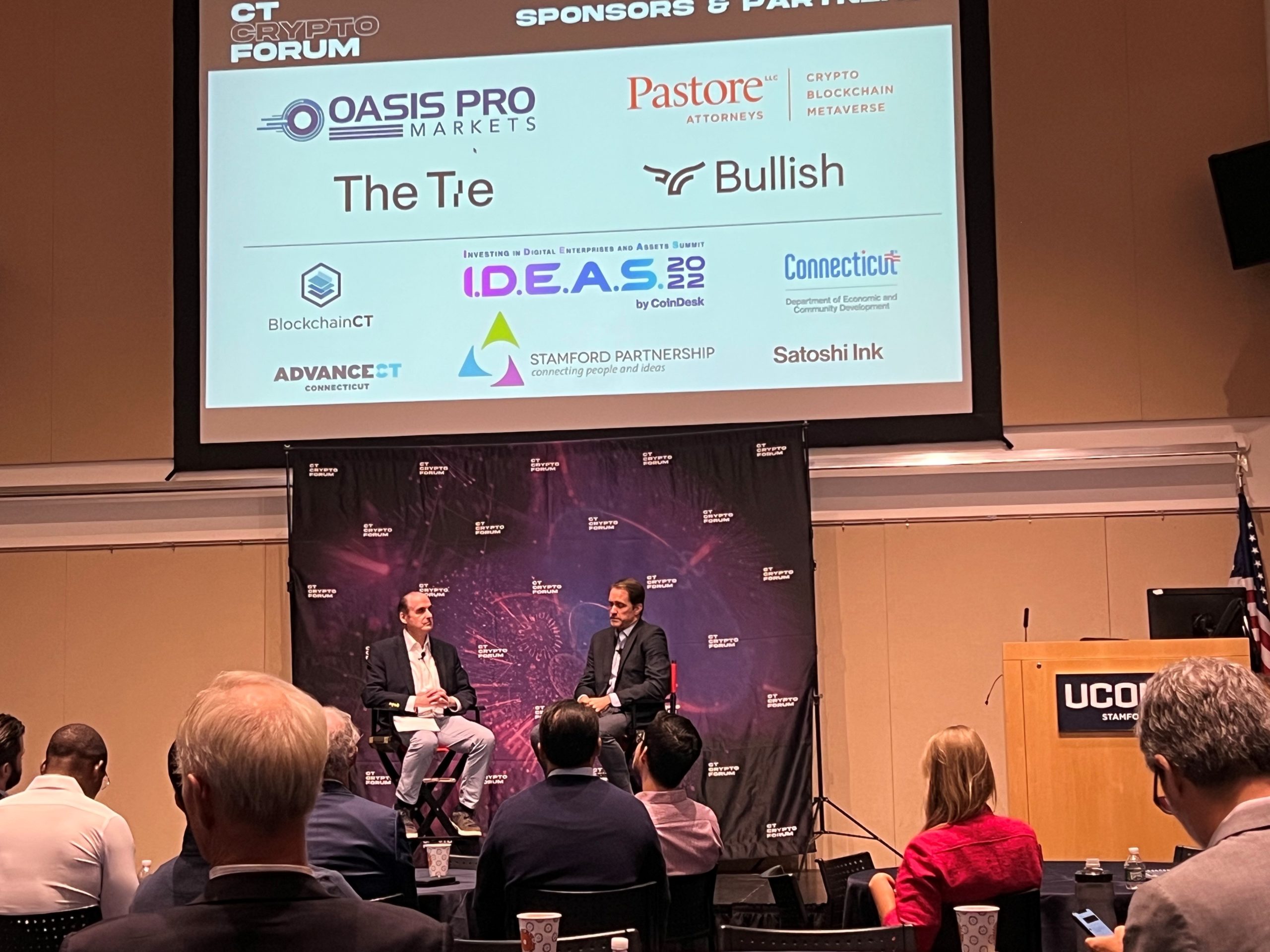Is Regulation here yet? The Evolving State of Case Law and the Appropriate Characterization of Crypto as a Security or Not.
For some investors, part of the appeal of tokenized assets is that the sector has been able to dodge regulations from institutions like the U.S. Securities and Exchange Commission (“SEC”), the U.S. Department of Treasury, and the Commodity Futures Trading Commission. Tokenized assets can be fungible or non-fungible. Fungible tokenized assets are both interchangeable and indistinguishable such as Bitcoin and other cryptocurrencies (“Crypto”). Non-fungible tokens (“NFTs”) are unique tokens that are non-divisible and cannot be replaced because each token has its own unique value.[1]
Investors and regulators alike have faced the recurring question of how to make sense of this decentralized digital space. However, more clarity on the guidelines surrounding Crypto and NFTS are forming. On March 9, 2022, President Biden signed an Executive Order on Ensuring Responsible Development of Digital Assets, calling for a closer look into the possible threats and benefits of Crypto.[2] The SEC has shouldered the weight of overseeing the majority of Crypto products and platforms. Regulatory efforts have been a challenge due in part to a major dilemma being weighed by regulators: whether cryptocurrencies should be processed as securities or commodities.
In 2021, a Connecticut federal case involving a securities class action suit against Stuart Fraser, GAW Miners, and ZenMiner began to provide a more definitive answer on how to classify cryptocurrencies; as the federal jury concluded that Paycoin and several other crypto-currency mining related assets were not securities.[3] However, as recently as June 3, 2022, U.S. District Judge Michael P. Shea has granted a motion for a new trial regarding Paycoin.[4]
Judge Shea justified the new trial by citing precedent in SEC v. Kik Interactive Inc., in which Kik Interactive Inc. (“Kik”) failed to register its digital tokens as a security.[5] The SEC was able to demonstrate that under the Howey Test, Kik met the criteria to be considered an “investment contract”. For an asset to be considered an investment contract, it must meet the three criteria of the Howey Test, which was developed and named after the Supreme Court case SEC v. W.J. Howey Co., 328 U.S. 293 (1946).[6] The Howey Test requires that there be (i) an investment of money (ii) in a common enterprise (iii) that is subject to a reasonable expectation of profits to be derived from the efforts of others.[7] With Kik’s money being invested in a single integrated offering, the court granted the SEC summary judgement and Kik a $5 million dollar penalty.[8]
In addition to Kik, the SEC also brought a lawsuit against Ripple Labs Inc., claiming that over $1.3 billion had been raised as an unregistered digital asset security.[9] The lawsuit has made national news because XRP, the cryptocurrency developed by Ripple, is one of the most valuable in the world. Ripple has been arguing that XRP should not qualify as an investment contract because the company had never promised profits to any of its holders.[10] The case was formally served in December of 2020 and is still ongoing. However, on March 22, 2021, Judge Netburn declared that XRP has monetary value, separating it from bitcoin and Ether.[11]
A regulatory stance that aligns with the initial Paycoin decision would result in more lenient oversight over the Crypto space and likely promote further development in blockchain technology.[12] Conversely, a regulatory stance promoting SEC oversight over tokenized assets could force digital currencies, such XRP, to register as securities. Upcoming legal decisions, particularly the new trial regarding Paycoin, will be crucial in providing investors and legislators with a more concrete understanding of the legal space surrounding tokenized assets and blockchain technology.
[1] Tokenization: Opening Illiquid Assets to Investors, BNY Mellon (June 2019), https://www.bnymellon.com/emea/en/insights/all-insights/tokenization-opening-illiquid-assets-to-investors.html.
[2] Executive Order on Ensuring Responsible Development of Digital Assets, The White House (March 2022),
https://www.whitehouse.gov/briefing-room/presidential-actions/2022/03/09/executive-order-on-ensuring-responsible-development-of-digital-assets/.
[3] Federal jury Concludes Cryptocurrency Products NOT Securities, The National Law Review (November 2021), https://www.natlawreview.com/article/federal-jury-concludes-cryptocurrency-products-not-securities.
[4] Federal Judge Orders new Securities Trial for Crypto-Product ‘Paycoins’, ConnecticutLawTribune (June 2022), https://www.law.com/ctlawtribune/2022/06/13/federal-judge-orders-new-securities-trial-for-crypto-product-paycoins/?kw=Federal%20Judge%20Orders%20New%20Securities%20Trial%20for%20Crypto-Product%20%27Paycoins%27&utm_source=email&utm_medium=enl&utm_campaign=dailybriefing&utm_content=20220614&utm_term=clt&slreturn=20220529104704.
[5] Id.
[6] Framework for ‘Investment Contract” Analysis of Digital Assets, The U.S. Securities and Exchange Commission, https://www.sec.gov/corpfin/framework-investment-contract-analysis-digital-assets (last visited June 29, 2022).
[7] SEC v. Kik Interactive Inc., 492 F.Supp.3d 169, 177 (S.D.N.Y. 2020).
[8] SEC Obtains Final Judgment Against Kik Interactive for Unregistered Offering, The U.S. Securities and Exchange Commission (October 2020), https://www.sec.gov/news/press-release/2020-262.
[9] XRP vs. SEC lawsuit update, Cryptopolitan (June 2022), https://www.cryptopolitan.com/xrp-vs-sec-lawsuit-update/.
[10] The ‘Ripple’ effect: a striking development on defending digital asset securities litigation, Reuters (April 2022), https://www.reuters.com/legal/legalindustry/ripple-effect-striking-development-defending-digital-asset-securities-litigation-2022-04-21/
[11] XRP vs. SEC lawsuit update, Cryptopolitan (June 2022), https://www.cryptopolitan.com/xrp-vs-sec-lawsuit-update/.
[12] SEC vs. Ripple: Case Explained, CNBC (April 2022), https://www.cnbctv18.com/cryptocurrency/sec-vs-ripple-case-explained-13054042.htm.









